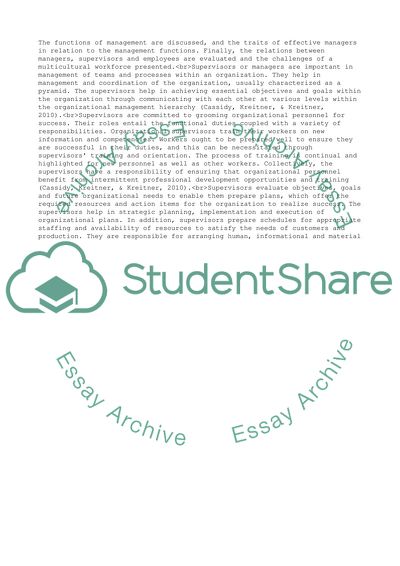Cite this document
(Supervisors Essay Example | Topics and Well Written Essays - 1500 words - 1, n.d.)
Supervisors Essay Example | Topics and Well Written Essays - 1500 words - 1. Retrieved from https://studentshare.org/business/1785522-supervisors
Supervisors Essay Example | Topics and Well Written Essays - 1500 words - 1. Retrieved from https://studentshare.org/business/1785522-supervisors
(Supervisors Essay Example | Topics and Well Written Essays - 1500 Words - 1)
Supervisors Essay Example | Topics and Well Written Essays - 1500 Words - 1. https://studentshare.org/business/1785522-supervisors.
Supervisors Essay Example | Topics and Well Written Essays - 1500 Words - 1. https://studentshare.org/business/1785522-supervisors.
“Supervisors Essay Example | Topics and Well Written Essays - 1500 Words - 1”. https://studentshare.org/business/1785522-supervisors.


